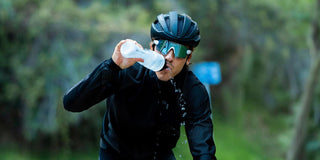Featured Products
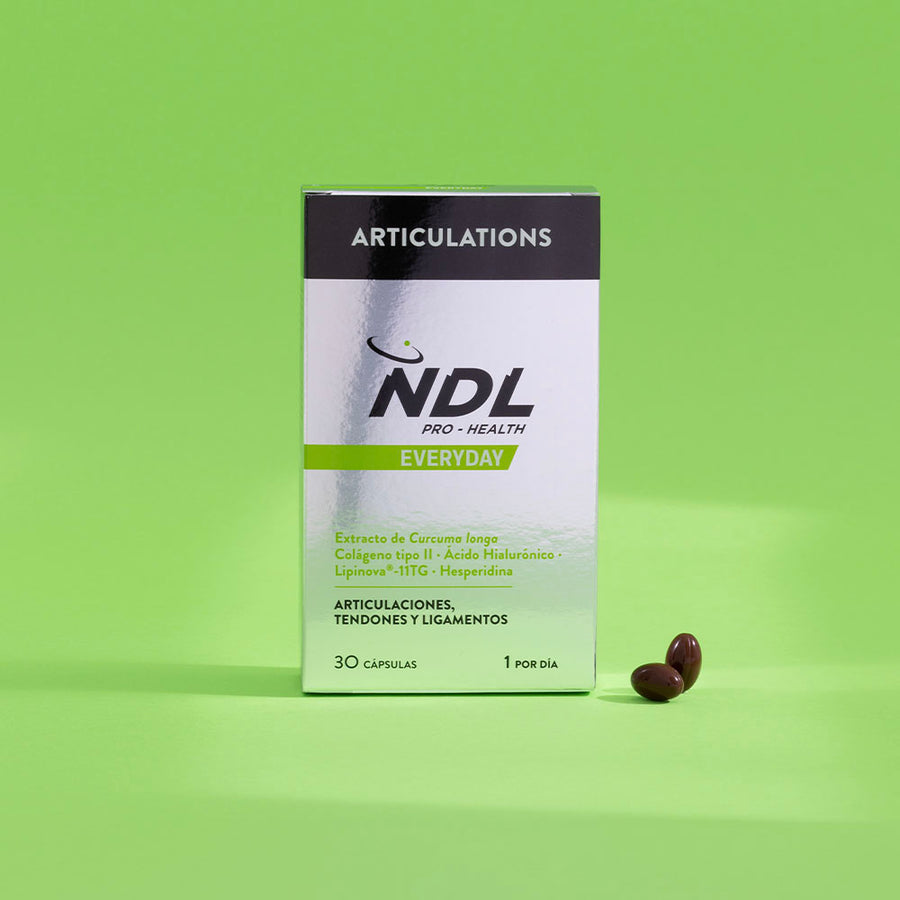
Articulations
See product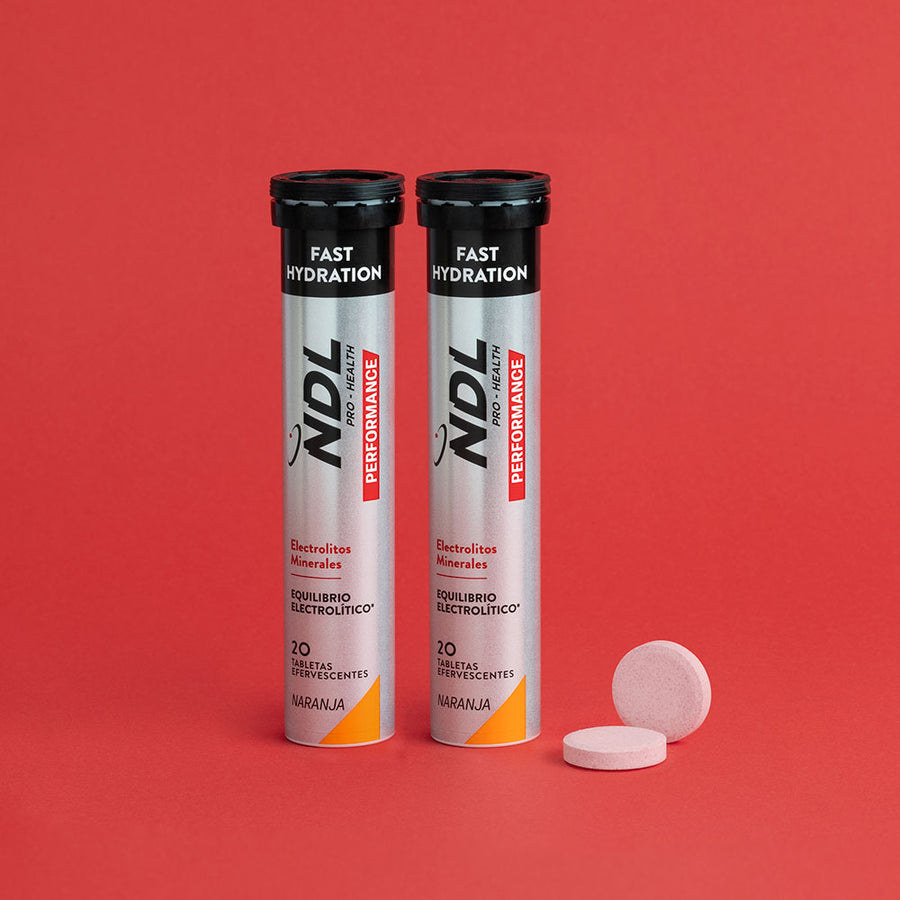
Fast Hydration
See product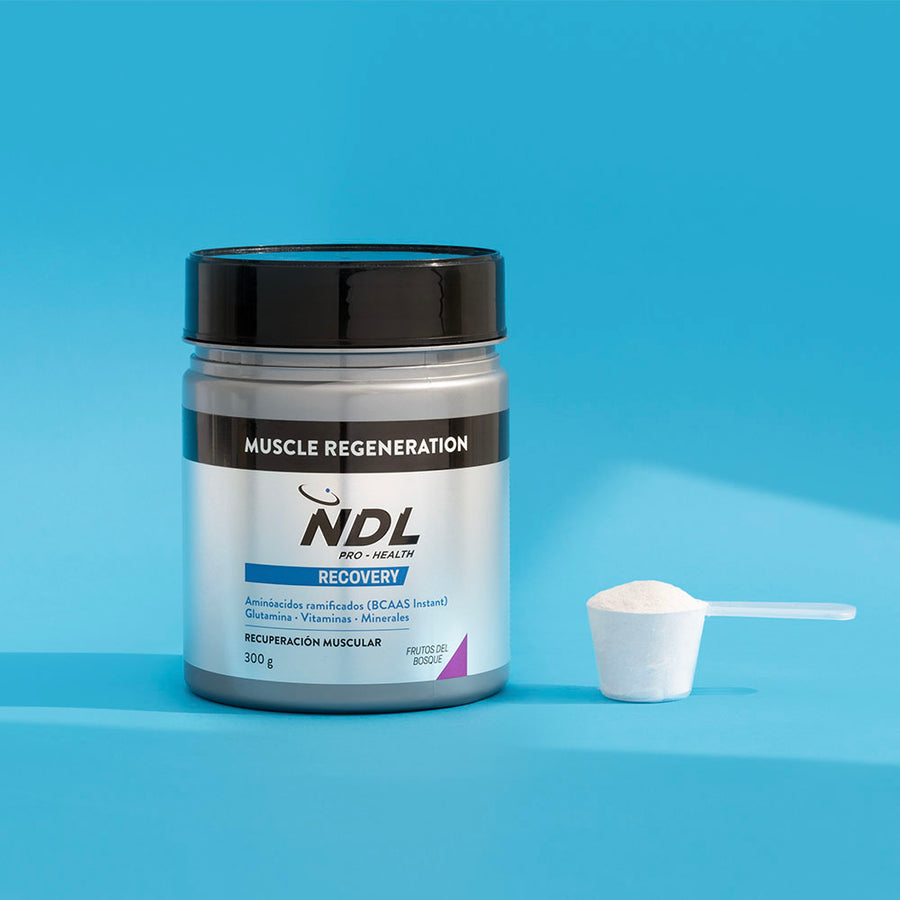
Muscle Regeneration
See product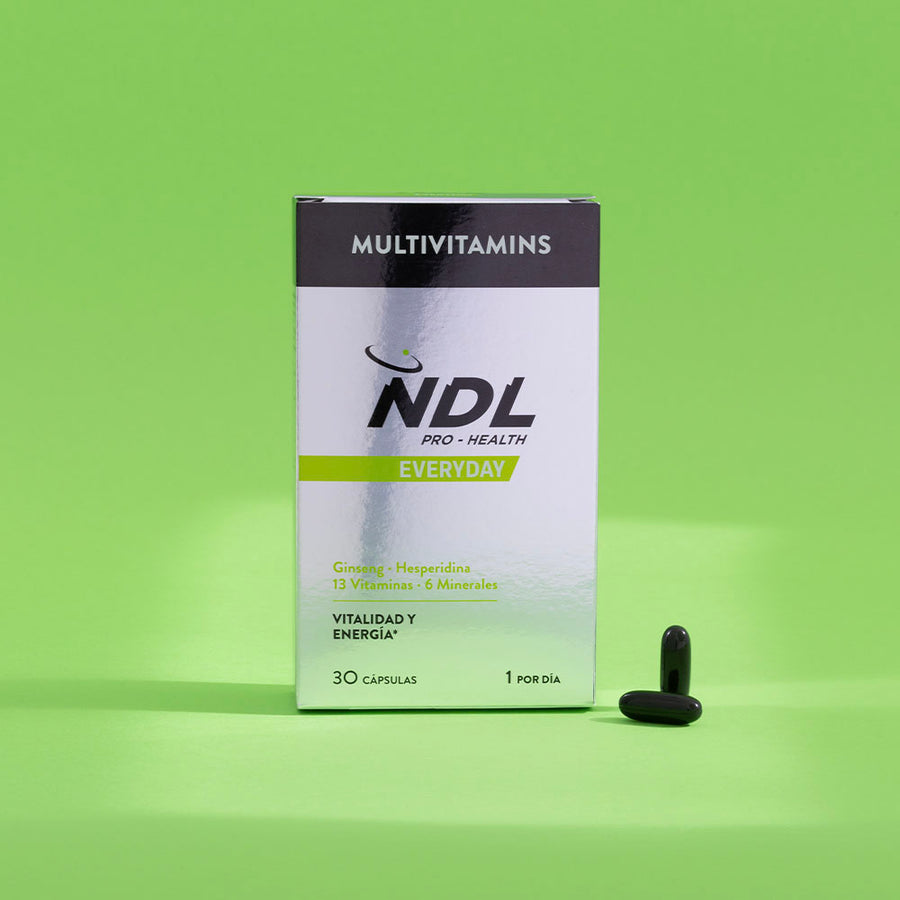
Multivitamins and Minerals
See productSeventy percent of the Earth's surface is covered with water, yet only 0.025% is fit for human consumption. Water is the main component of our body, about 70%, blood contains between 80-90%, skin 70-75%, lungs 85%, bones 22%, muscles 70-75%, brain 75-85%, fatty tissue 10% and eyes 90-95%.
Water has several functions in the body such as cooling, elimination, lubrication, transport and absorption of nutrients.
Given the importance of water in our organism, dehydration in sport can lead to a decrease in sports performance, the appearance of injuries, cramps, etc.
During physical activity the blood volume increases and we need to send everything to the muscle. The key moments are before-during and after training and competition. Prevention is fundamental, since when the athlete is thirsty it is too late and the first symptoms of dehydration will probably appear.
Tips for good hydration during sport to improve sports performance
Hydration is one of the factors that influence sports performance, and it is essential to hydrate adequately not only during sports practice, but also before and after.
Before: Start hydration with 5ml of fluid per kg of weight at least 4 hours before the start of exercise. One hour and a half before the competition in small sips take a hypotonic drink in an amount of 500ml. When there are 15-30 minutes to go, stop.
During: Hydration varies according to intensity, duration, temperature, humidity, altitude, emotional and hormonal state. Even the clothing worn by the athlete. Isotonic drink and water a total of 500ml to 1l per hour.
After: The 45 minutes post are crucial for recovery. Often the athlete is neither hungry nor thirsty, although fluids are better tolerated and absorbed faster. In the post-competition period, sweat losses should be compensated with fluids and electrolytes. It is advisable to replace 150% of the weight lost through sweat.
If you have lost 2kg multiply by 1.5= 3kg, 3l is what you should drink for the next 6 hours and an important part right after.
Why hydrate during physical effort?
If you are a regular exerciser, you will know that during and after training you may drink large amounts of fluid, especially during high intensity activities. This is because the body needs to recover the water lost through sweating and, otherwise, the risk of dehydration appears.
The main consequences of dehydration are that the athlete will begin to feel thirsty, weakness, headache, low sweat, cold sweat, dark color of the urine, cramps, mental confusion, increased temperature and heart rate, etc.
During the day, observe the thirst, also the color of the urine before the competition and after and during the day. Also when we get up in the morning, hydration in the morning is the most important.
NDL Pro-Health Hydration + Energy with carbohydrates and electrolytes helps you maintain the level of salts and minerals in the body throughout physical activity and is a fast and stable source of energy for training.
Preparation: Dissolve 30g of powder in 400ml of water. Shake for complete dissolution. Drink during breaks. Ideally 400ml of this cold isotonic drink with 400-600ml of water per hour.
We can prepare it and keep it in the refrigerator, it will taste better and we will drink more. If it is hot it will be difficult to drink.
Electrolytes in sports: what do "isotonic" and "hypotonic" mean?
We already know the importance of hydration in sports to be in good condition and improve sports performance, and now we are going to explain the difference between an isotonic and hypotonic drink and what they are used for, better known as stress drinks.
The first thing to bear in mind is that during physical exertion there is a significant increase in body temperature and, in order to reduce it, the body sweats, which causes a loss of water and mineral salts or electrolytes such as calcium, magnesium, potassium or sodium.
In fact, dehydration during sport is caused by a lack of electrolytes due to an imbalance between water intake and water loss. Electrolytes are essential minerals for athletes, key to good hydration, and when they are lacking, they have a negative effect on the functioning of the body and, therefore, on sports performance.
The terms "isotonic" and "hypotonic" explain the different concentration between the compounds present in the blood and in the beverage. When the proportions between blood and beverage are the same, we speak of isotonic, while when the concentrations of solutes in a beverage are lower than in the blood, we refer to hypotonic.
Simply put, an isotonic drink covers the losses of water, mineral salts and sugars in the same proportions, while a hypotonic drink will cover a greater loss of water and electrolytes compared to sugar losses.
How to calculate your hydration needs
To avoid becoming dehydrated, it is important to drink between 6 and 8 milliliters of a drink containing electrolytes per kilogram of weight and hour of exercise, such as isotonic and hypotonic drinks. This is equivalent to an approximate amount of between 400 and 500 ml/h or 150-200ml every 20 minutes. In case the hour is not reached, water would be sufficient.
How to choose the right drink for exercise?
The choice between an isotonic and hypotonic drink will depend on the type of sports activity and the intensity of the activity, as well as your body's needs:
The palatability and temperature of the beverages must be adequate to promote their intake.
Isotonic drink: this type of beverage favors the intake of water and electrolytes, compensating for their loss through perspiration, and is highly recommended for high-intensity sports that require great effort and have a greater risk of dehydration.
Hypotonic drink: they are more focused on increasing hydration and not so much energy, characterized by having a low amount of sugar. They favor water absorption and accelerate the hydration process, being suitable for amateur sports involving less effort.
How to prepare a homemade hypotonic and isotonic drink?
Hypotonic drink
1liter of water + ½ lemon juice + 1 tablespoon of panela sugar or 200ml of your favorite natural fruit juice + a pinch of sea salt.
Isotonic drink
1liter of water + 1 large lemon juice + 3 tablespoons of panela sugar or 500ml of your favorite natural fruit juice + a pinch of sea salt.

Conclusion
As you can see, the benefits of hydration in sport will have a direct impact on your performance, especially in long-lasting, high-intensity activities lasting 60 minutes or more. And to avoid dehydration, you will find your best allies in isotonic and hypotonic drinks.

I have a diploma in Nutrition and dietetics from CESNID (University of Barcelona), a degree in Nutrition from Kin's College University of London, a postgraduate degree in Sports Nutrition and PNIE (Psychoneuroimmunoendocrinology) from the University of Barcelona, and a diploma in Ayurveda Nutrition, energy cooking and Naturopathy. Course Sport Nutrition at the Natural Gourmet Institute for Health and culinary arts in New York and co-owner of Ametlla + de Mallorca in Artà, I currently advise elite athletes and companies. Director of the nutrition department of Rafa Nadal Academy in Manacor and director of the master of Nutrition and sport of the University Alfonso X.













